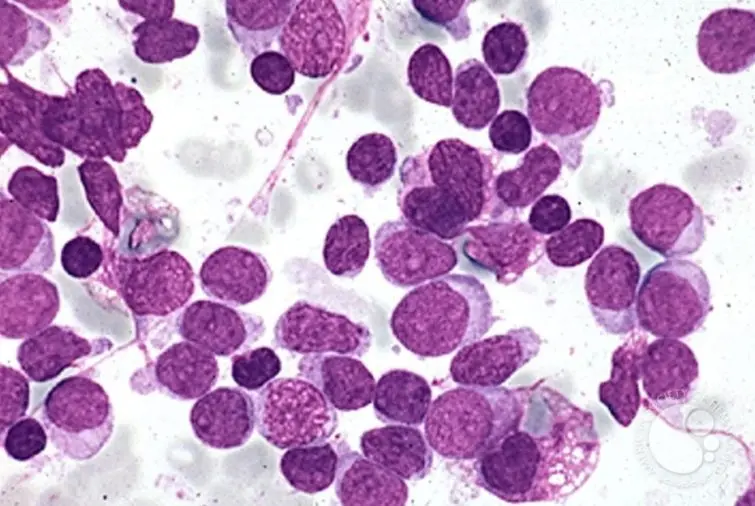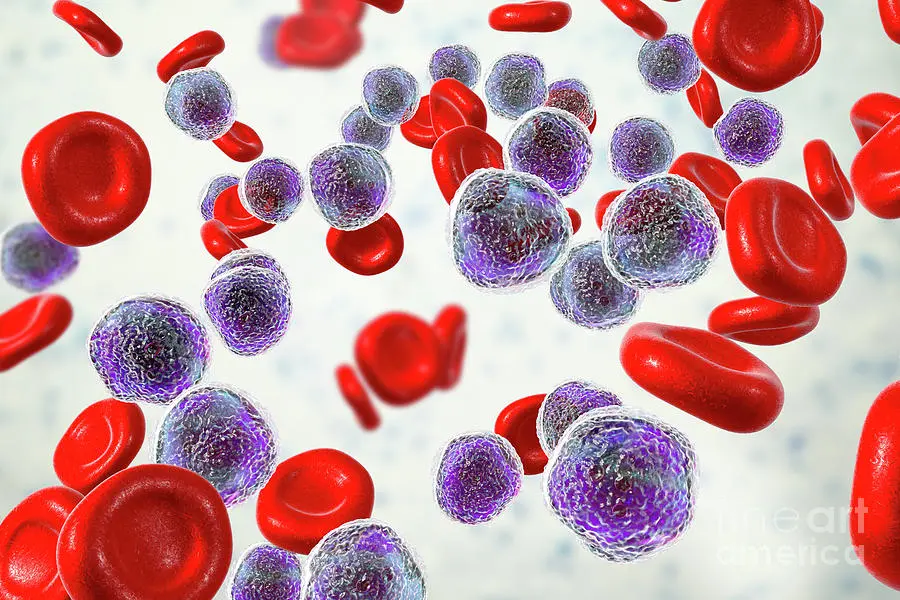Can Acute Lymphocytic Leukemia be Cured?
Yes
High cure rates, especially in children; response to treatment and prognosis depend on factors like age, overall health, and specific genetic characteristics

What is Acute Lymphocytic Leukemia?
Acute lymphocytic leukemia is a type of blood cancer affecting lymphocytes. Treatment involves chemotherapy and, in some cases, stem cell transplantation. Regular monitoring is essential for assessing the response to treatment and managing potential complications.

Clinical Aspects

Characteristics
Cancer of the blood and bone marrow, characterized by the rapid growth of immature lymphocytes

Symptoms
Fatigue, easy bruising, frequent infections, bone pain

Diagnosis
Blood tests, bone marrow biopsy

Prognosis
Generally favorable, especially in children

Complications
Infection, bleeding, relapse
Etiology and Treatment

Causes
Genetic mutations, exposure to certain chemicals or radiation

Treatments
Chemotherapy, stem cell transplant, targeted therapy; treatment phases with varying intensities

Prevention
Chemotherapy, stem cell transplant, targeted therapy; treatment phases with varying intensities
Public Health and Patient Perspectives

Epidemiology
Most common in children; incidence decreases with age

Patient Perspectives
Intensive chemotherapy and supportive care are standard treatments
Please note that the information provided is based on the current understanding of these conditions and treatments may vary based on individual circumstances. Always consult with a healthcare provider for accurate information.
Share: